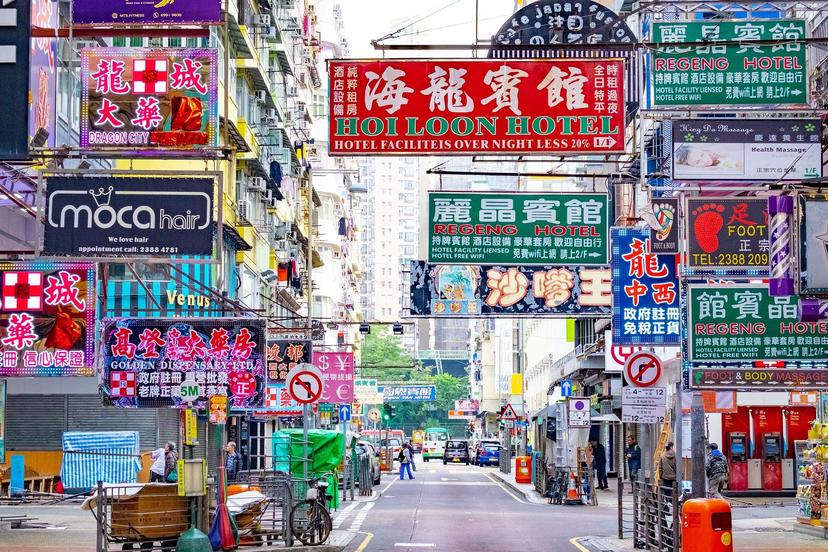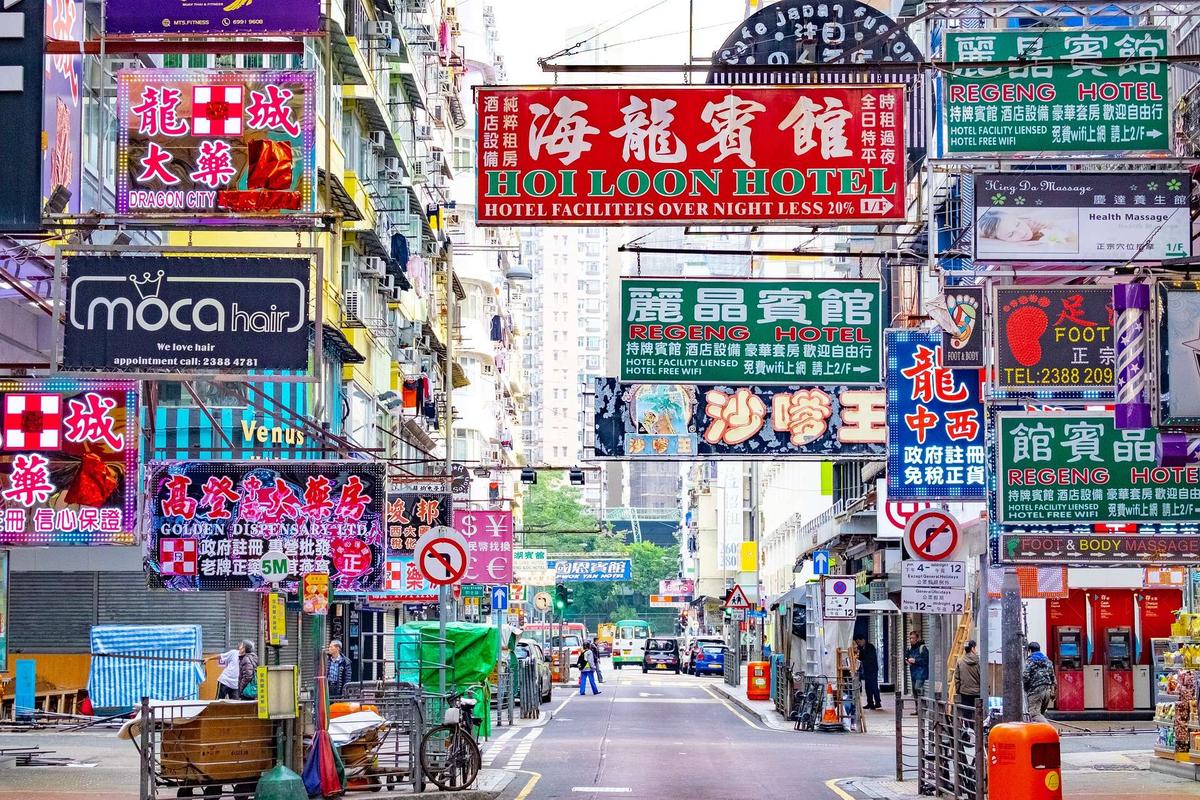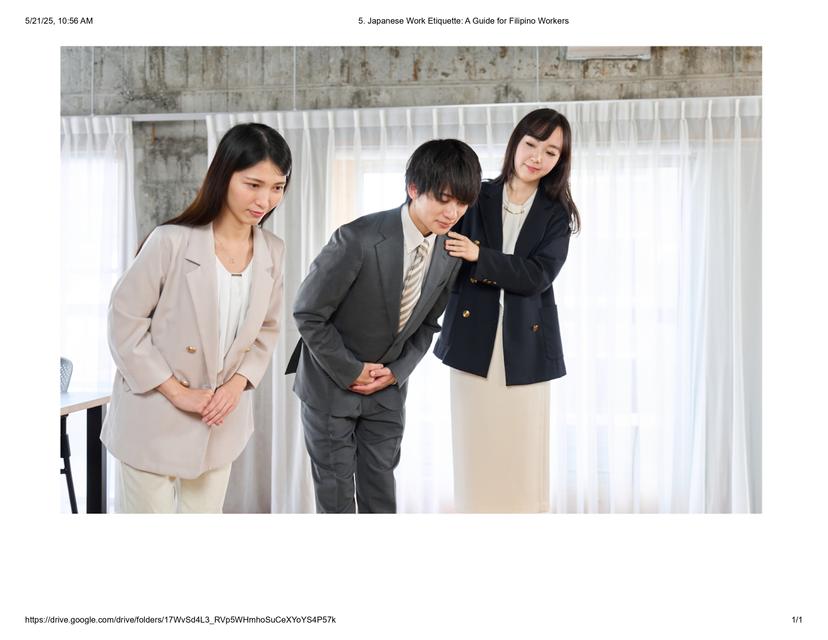Travel and Recreation
Learn Basic Cantonese Phrases: A Quick Guide for Tourists in Hong Kong

Welcome to Hong Kong! This incredible city offers a dazzling mix of culture, cuisine, and sights. While you'll find English spoken in many hotels and tourist spots, knowing a few basic Cantonese phrases can significantly enhance your trip. It helps you connect with locals, navigate bustling markets, order delicious food, and show appreciation for the local culture.
Don't worry about perfection! Locals often appreciate it when visitors make an effort. If you want to learn some practical expressions for your travels, this guide covers essentials for everyday tourist interactions.
1. Essential Greetings & Politeness
Using polite words is always a good start.
- "Hello" – 你好 (néih hóu)
- A standard, versatile greeting suitable for most situations.
- "Good morning" – 早晨 (jóu sàhn)
- Use this friendly greeting in the morning.
- "Thank you (for help/service)" – 唔該 (m̀hgōi)
- Crucial for thanking staff, someone holding a door, or when asking for something politely (like getting attention).
- "Thank you (for a gift/compliment)" – 多謝 (dōjeh)
- Use this specific "thank you" if someone gives you a gift or pays you a compliment.
- "Sorry / Excuse me" – 唔好意思 (m̀h hóu yi si)
- Very common for politely getting past someone, a light apology (like bumping shoulders), or getting attention. For a stronger apology, use 對唔住 (deui m̀h jyuh).
- "You’re welcome" – 唔使客氣 (m̀h sái haak hei)
- The standard reply when someone thanks you using 唔該 (m̀hgōi) or 多謝 (dōjeh).
2. Shopping & Dining
Navigate shops and restaurants more easily.
- "How much is this?" – 呢個幾多錢? (nī go géi dō chín?)
- Essential for asking prices in shops and markets.
- "Too expensive" – 太貴啦 (taai gwai lā)
- Useful if you're bargaining lightly in markets (use with a smile!).
- "The bill, please" – 埋單唔該 (màaih dāan m̀hgōi)
- How to ask for the check in a restaurant or café.
3. Basic Communication
For those moments you need a little help.
- "I don’t understand" – 我唔明白 (ngóh m̀h mìhng baak)
- Helpful if someone is speaking too quickly or you're lost in the conversation.
- "Can you speak English?" – 你識唔識講英文? (néih sīk m̀h sīk góng yīngmán?)
- Worth asking if you're struggling to communicate.
- "Where is the washroom/toilet?" – 請問廁所喺邊度?(chéng mahn chi só hái bīn douh?)
- A very practical phrase! (請問 - chéng mahn means "May I ask...")
4. Numbers 1–10
Numbers are useful everywhere, from paying to understanding quantities.
- 一 (yāt) – 1
- 二 (yih) – 2
- 三 (sāam) – 3
- 四 (sei) – 4
- 五 (ńgh) – 5
- 六 (luhk) – 6
- 七 (chāt) – 7
- 八 (baat) – 8
- 九 (gáu) – 9
- 十 (sahp) – 10
Making the Effort:
You don't need perfect pronunciation or grammar to make a good impression. Cantonese can be challenging, especially with tones, but locals generally appreciate visitors who make an effort to learn and use basic Cantonese phrases.
Be prepared that sometimes, for efficiency or clarity, a local speaker might switch to English, especially if they speak it well or if you seem to be struggling. Don't be discouraged – this is often pragmatic in a fast-paced, bilingual city and doesn't diminish the value of your effort. Keep practicing, and enjoy using your new phrases to connect more deeply with the vibrant culture of Hong Kong!






